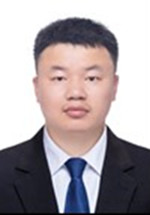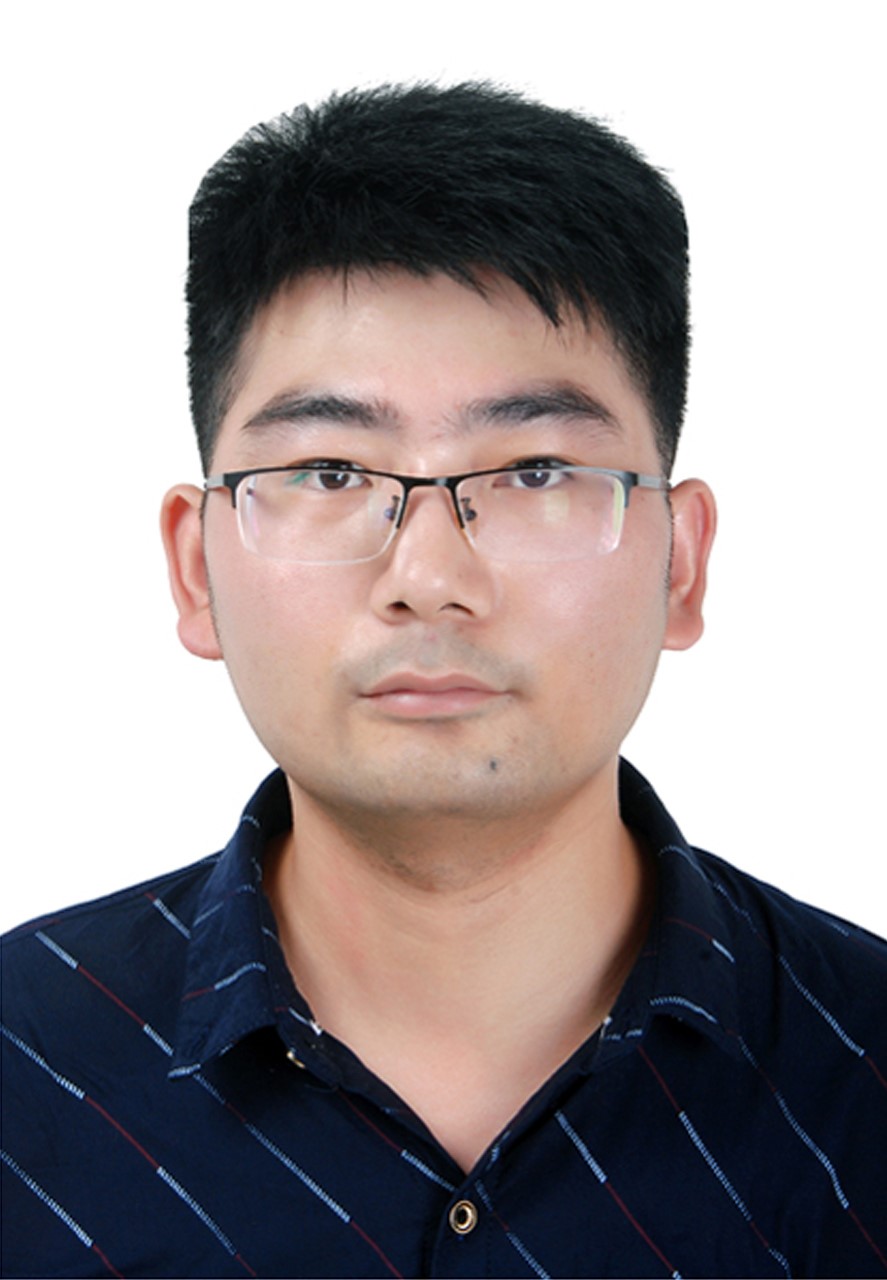
Special Session 4: Modeling and Intelligent Control of Robotic Systems 机器人系统建模与智能控制
Introduction: Modeling and control are the core foundations for intelligent robots to achieve autonomous decision-making. This not only requires the construction of high-precision dynamic models but also necessitates adaptive and optimal control capabilities. Furthermore, the control paradigms are continuously evolving towards biomimetic intelligence. This session will explore cutting-edge methods in robotic system modeling and control, including but not limited to data-driven modeling, reinforcement learning control, human-robot collaborative control, and disturbance rejection.
Organizers

Qun Lu 陆群
Taizhou University, China 台州学院
Biodata: Dr. Qun Lu is a Faculty Associate Professor and has been selected for Jiangsu Province's "Science and Technology Deputy" program. He received his Ph.D. in Control Science and Engineering from Zhejiang University of Technology in 2018, and served as a visiting scholar at Concordia University, Canada from 2018 to 2019. He joined Taizhou University in 2023. He has published more than 30 papers in domestic and international academic journals and conference, and holds multiple authorized invention patents. He has led and participated in several research projects, including those funded by the National Natural Science Foundation of China, Zhejiang Provincial Natural Science Foundation, and industry-sponsored projects programs. He also serves as a reviewer for several prestigious domestic and international journals. His main research areas include nonlinear control, disturbance rejection, and their applications in robotic systems.

Xiang Wu 吴祥
Zhejiang University of
Technology, China 浙江工业大学
Biodata: Dr. Xiang Wu is currently a Faculty Associate Researcher at Zhejiang University of Technology and serves as the director of the Institute of Perception and Control. He received his Ph.D. degree in Control Science and Engineering from Zhejiang University of Technology in 2020. In 2018, he conducted research as a visiting scholar in Professor Jinhua She's research team in Japan. To date, he has published more than 40 papers in domestic and international academic journals and conferences, been granted over 40 national invention patents in China, and participated in the compilation of one academic monograph. He has led and participated in several research projects, including those funded by National Natural Science Foundation of China, Exploration Project of Zhejiang Provincial Natural Science Foundation, National High-Quality Development Program, National Key R&D Program, and Provincial Key R&D Programs. His research achievements have been honored with several awards, including the Second Prize of Zhejiang Provincial Technology Invention Award, the First Prize of Science and Technology Progress Award and Second Prize of Technology Invention Award from the Chinese Association of Automation, and the Second Prize of Innovation Achievement Award from the Industry-Academia-Research Collaboration Association. His main research areas include networked motion control, robotic control, disturbance rejection, and intelligent optimization algorithms.

Ziquan Yu 余自权
Nanjing University of
Aeronautics and Astronautics,
China 南京航空航天大学
Biodata: Dr. Ziquan Yu, an Associate Professor at Nanjing University of Aeronautics and Astronautics (NUAA), is a recipient of multiple prestigious honors including the Jiangsu Outstanding Youth Fund, Jiangsu Science and Technology Think Tank Outstanding Young Talent Award, NUAA's Changkong Star, and NUAA Outstanding Talent Cultivation Fund. He received his Ph.D. from Northwestern Polytechnical University in 2019 and joined NUAA's Fault Diagnosis and Fault-Tolerant Control research team at the College of Automation Engineering in the same year. Dr. Ziquan Yu conducted joint doctoral research at Concordia University, Canada from 2017 to 2019. His research focuses on fault-tolerant control technologies for unmanned aerial vehicles (UAVs), with extensive expertise in intelligent nonlinear control, adaptive fault-tolerant control, rapid fault recovery, distributed cooperative control, and swarm fault-tolerant cooperative control for fixed-wing UAV systems. Over the past three years, he has published more than 30 papers in IEEE Transactions and other leading journals. He also serves as a Guest Editor for several SCI-indexed journals and a reviewer for multiple IEEE Transactions.